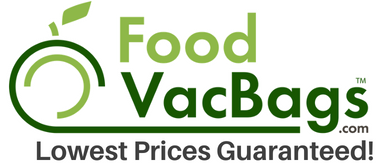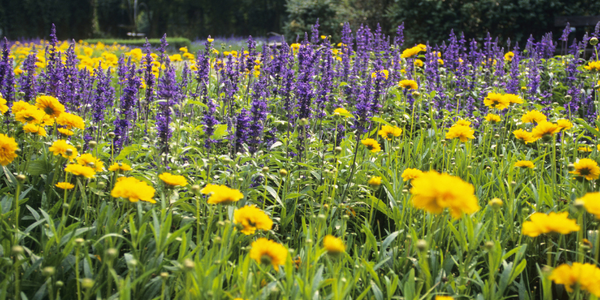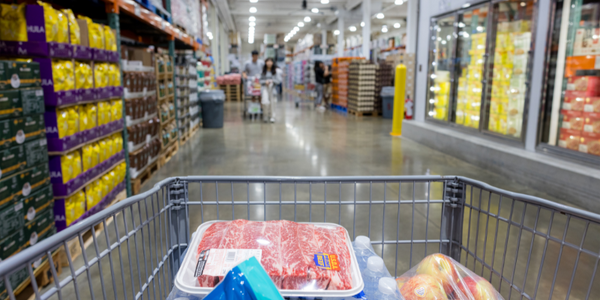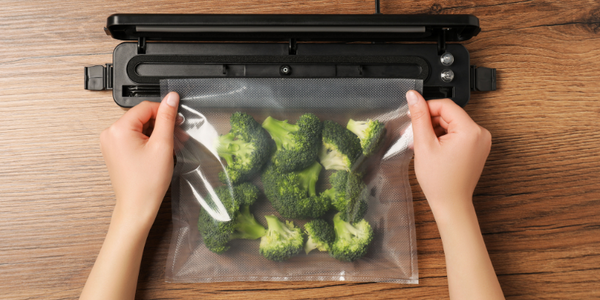
After carving all those Halloween pumpkins, did you by any chance keep the seeds? If you didn't, perhaps you didn't know that pumpkin seeds are edible, delicious, and really good for you.
Pepitas (another name for them) are a very common ingredient in Mexican cuisine as well as an amazingly healthy snack. Thanks to their unique combination of vitamins, minerals, antioxidants, essential amino acids, and healthy fats, pumpkin seeds provide substantial nutritional support and can help prevent disease. If you are curious about what else these wondrous little seeds can do for you, read on.
1. Promotes a healthy heart
The presence of omega-3s, omega-6s, antioxidants, phytosterols, and fiber in each and every one of those tiny seeds makes them especially heart-friendly. Their phytosterols are very useful in lowering "bad" LDL cholesterol while the omega-3 content has many benefits: it decreases the risk of thrombosis, protects from arrhythmias, reduces cholesterol and triglyceride levels, and prevents the accumulation of fat onto the arteries. Pumpkin seeds also seem to help nitric oxide production. Nitric oxide expands blood vessels and improves blood flow thus protecting the arteries from plaque formation.
2. Could lower the risk of type 2 diabetes
Early stages of research suggest this healthy food has a lot of potential for diabetes prevention. More than one nutrients are probably responsible for the seeds' beneficial properties: their ample antioxidant content, which includes the powerful and all-important vitamin E, can effectively protect tissue cells from oxidative damage. What's more, pumpkin seeds are a good source of magnesium. Magnesium deficiency affects insulin production as well as insulin sensitivity. This means that taking enough magnesium can lower the risk of developing type 2 diabetes. Experimental studies also indicate that certain phytochemicals in pumpkin seed oil can protect against diabetic kidney disease.
3. Great source of zinc
Zinc is an important mineral that your body utilizes in numerous ways. It's involved in various processes such as protein production, DNA synthesis, gene expression, body development, and healing. It is also a vital nutrient for proper immune function. Women during pregnancy have increased demands of zinc since it affects certain hormone levels. These hormones are very important for the onset of labor. Pumpkin seeds can boost your daily zinc intake and you don't need a lot of them. Only ¼ of a cup can give you 2.52 mg of the essential mineral (23% of the Daily Value).
4. Cancer fighters
Oxidative stress has been linked to the development of some cancers. The seeds' anti-cancer potential comes from their unique composition of antioxidants which scavenge free radicals and protect cells from oxidative damage. Their chemical compounds also block certain hormones which, if left unchecked, could lead to tumor formation and growth. Preliminary studies show that consumption of pumpkin seed products is linked to a decreased prostate and breast cancer risk, but further research could reveal even more anti-cancer applications for pumpkin seeds and their products.
5. Promotes sexual and urinary health
The phytosterols, lignans, and zinc found in pumpkin seeds, as well as their extracts and oils, can help combat urinary tract issues such as an overactive bladder. Moreover, these extracts and oils have been successfully used in the treatment of Benign Prostatic Hyperplasia (enlargement of the prostate not related to cancer). There are more benefits of the tiny seeds for male fertility: their generous zinc content can improve sperm quality and protect it against autoimmune diseases and chemotherapy.
6. Antimicrobial protection
Pumpkin seeds and their products are also valuable for their anti-microbial, anti-fungal, and anti-viral properties. They owe these protective powers to their unique proteins and phytonutrients (lignans). They are also a rich source of vitamin E which is another fantastic immune booster. All in all, they can give you a delicious winter boost that will help fight off colds, infections, and viruses.
7. Could help you get a good night's sleep
If you have trouble sleeping even if you are really tired, try some pumpkin seeds as a late-night snack. Pumpkin seeds contain tryptophan, an essential amino acid that affects sleep quality. Zinc and magnesium also have an impact on sleep and those pepitas are an excellent source of both. Zinc is involved in the conversion of tryptophan into serotonin which, in turn, is converted into melatonin, the hormone responsible for a proper sleep cycle.
Pumpkin seeds are both nutritious and fun, and there many ways to enjoy them. On their own, they're a great snack when slightly roasted. You can also add them to countless dishes as well as baked goods, bread, granolas, cookies, fruit, and salads. As it turns out, there's more to those Halloween pumpkins than what meets the eye!
Now let's review a few ways to store your pumpkin seeds so you can reap all the health benefits they offer.
-
Harvest the Seeds: Once your jack-o-lantern is complete, rinse the pumpkin seeds in a strainer and remove any remaining pumpkin fibers.
-
Roast the Seeds: If you want to keep the seeds from spoiling quickly, make sure any excess moisture is toasted out of them. Spread the seeds in a single layer on a baking sheet and bake at 300 degrees F for about 45 minutes or until golden brown. You can add a little flavor by using spices like salt, nutmeg, cayenne pepper and chili powder.
-
Let Them Cool: Cool the pumpkin seeds before storing to prevent mold growth from the moisture.
-
Store the Seeds: Store in an airtight container. Vacuum sealing the seeds will maximize their shelf life.
-
Refrigerate or Freeze: Pumpkin seeds can turn rancid even after you roast them if left at room temperature. They can stay fresh for a few of months if refrigerated and can last several years if frozen. Find other food storage times here.
Sources
Brown, Mary Jane. "Top 11 Science-Based Health Benefits of Pumpkin Seeds". Healthline, Healthline Media, 24 Sept. 2018, healthline.com/nutrition/11-benefits-of-pumpkin-seeds. Accessed 19 Sept. 2019.
"Pumpkin Seeds". The World's Healthiest Foods, George Mateljan Foundation, whfoods.com/genpage.php?tname=foodspice&dbid=82. Accessed 19 Sept. 2019.
"Pumpkin seeds nutrition facts". Nutrition and You, 5 Apr. 2019, nutrition-and-you.com/pumpkin-seeds.html. Accessed 19 Sept. 2019.
Ware, Megan. "What are the health benefits of pumpkin seeds?". Medical News Today, Healthline Media UK Ltd, 24 Jul. 2018, medicalnewstoday.com/articles/303864.php. Accessed 19 Sept. 2019.






0 comments